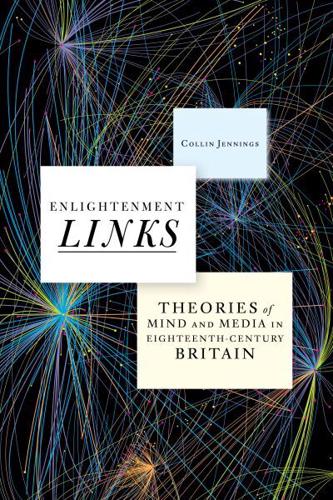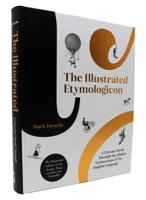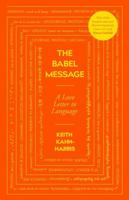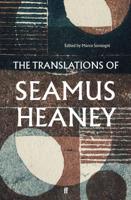Publisher's Synopsis
In this ambitious work, Collin Jennings applies computational methods to eighteenth-century fiction, history, and poetry to reveal the nonlinear courses of reading they produce. Hallmark genres of the British Enlightenment, such as the novel and the stadial history, are typically viewed as narratives of linear progress, emerging from Britain's imperial growth and scientific advancement. Jennings foregrounds Enlightenment links: the paratextual devices, including cross-references, footnotes, and epigraphs, that make words work differently by pointing the reader to places inside and outside the text. Writers and printers combined text and paratext to produce nonlinear paths of reading and polysemous forms of reference that resist simple, causal structures of experience or theories of mind. Alexander Pope, Adam Smith, Ann Radcliffe, and other writers developed genres that operate diagrammatically, with different points of entry and varied relationships between the language and format of books.
Revealing the eighteenth-century genealogy of the digital hyperlinks of today, Enlightenment Links argues that emergent print genres combined language and links to bring forward the associative, circular, and multi-sequential ways in which literature makes language work.












